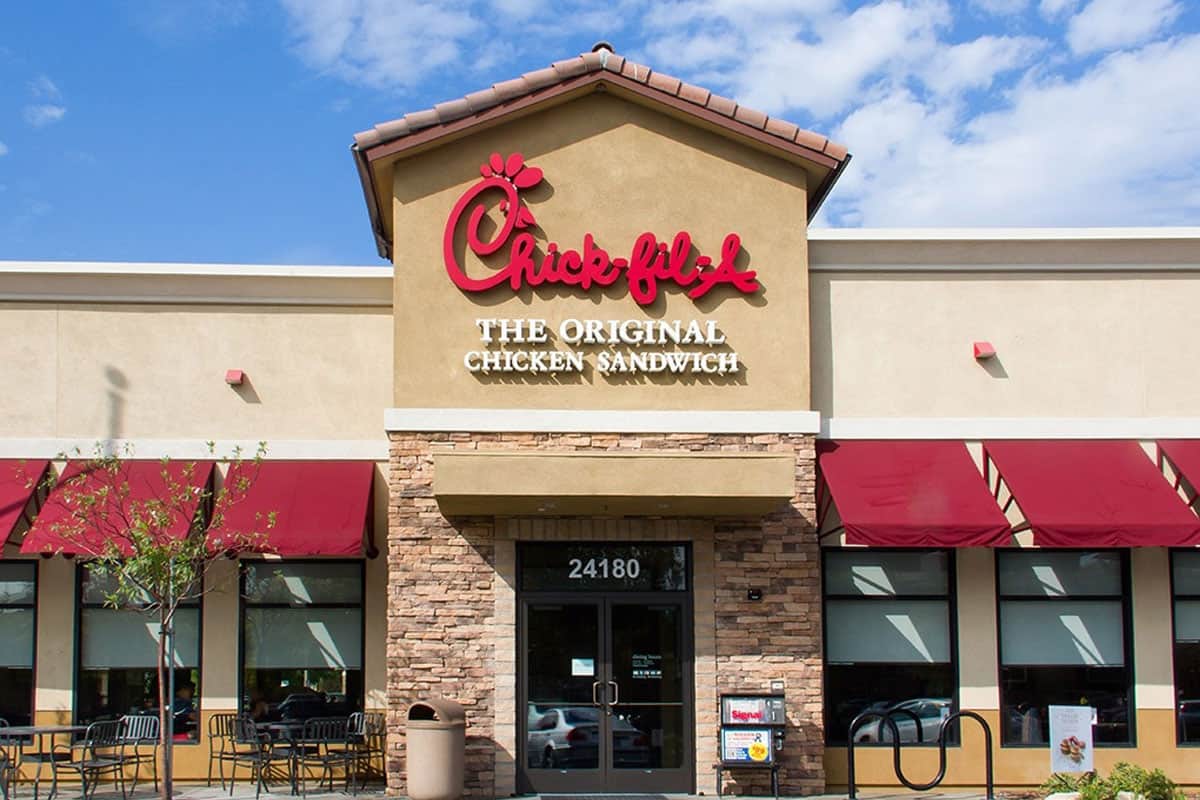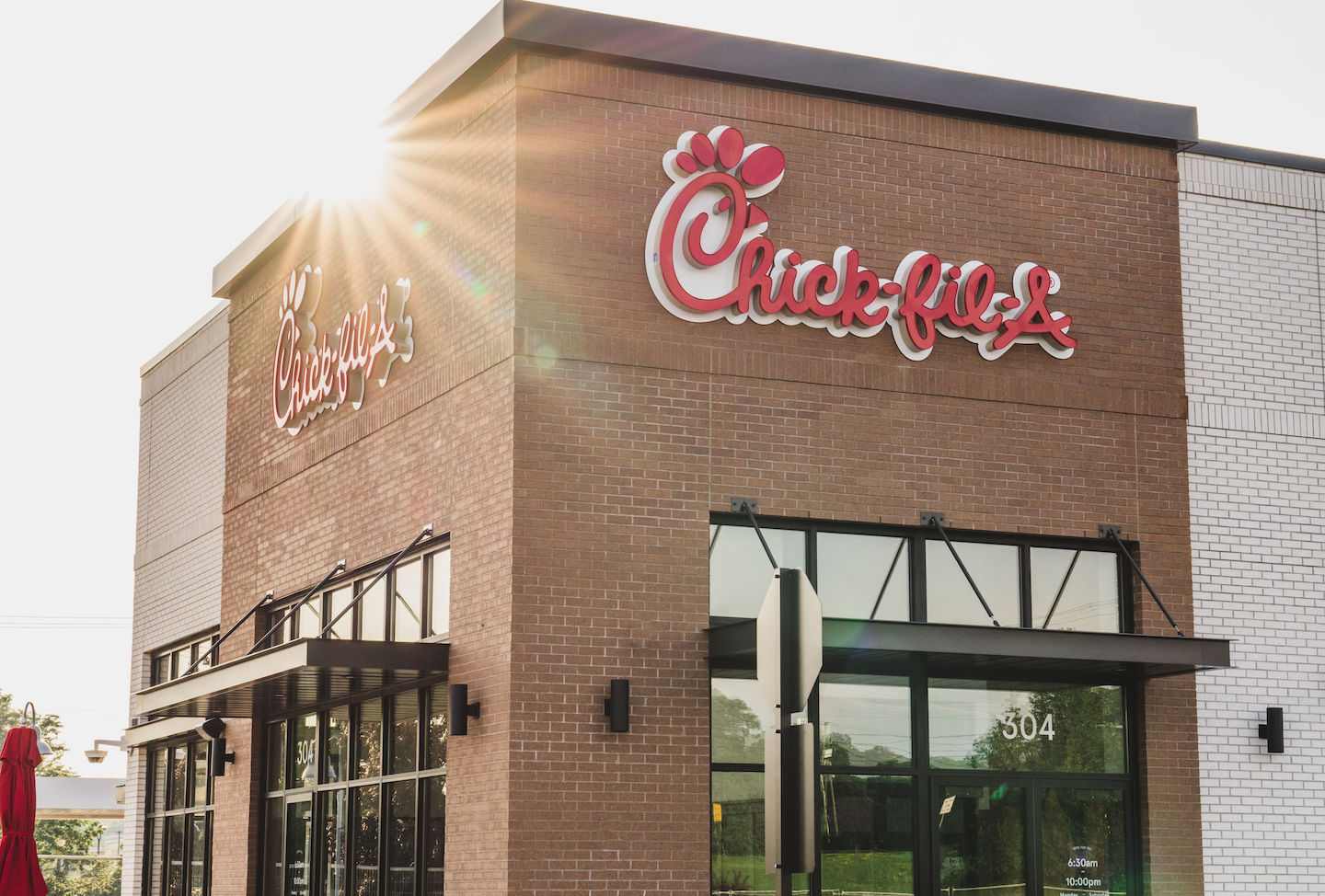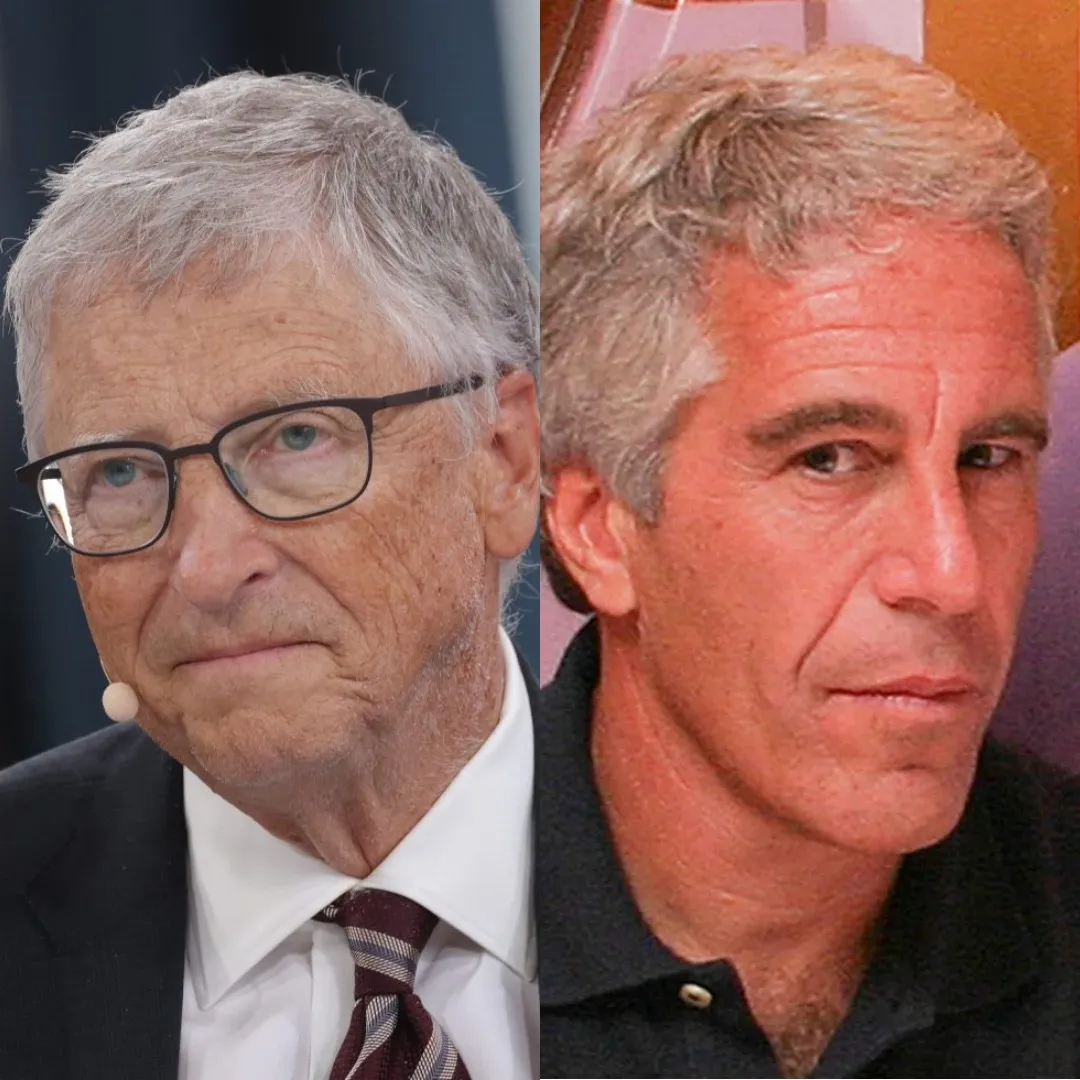
Chick-fil-A, the beloved American fast-food chain, has found itself at the center of controversy over its charitable donations, sparking debates on corporate responsibility, personal beliefs, and the balance between freedom of expression and customer expectations.
Known for its delicious chicken sandwiches and strong Christian values, the company has been repeatedly criticized for its past financial support to organizations that oppose same-sex marriage, including the Family Research Council (FRC) and Exodus International.
These donations, tied to the company’s commitment to its conservative values, have led to widespread boycotts, protests, and calls for a nationwide ban of the restaurant.
While Chick-fil-A has since altered its charitable giving strategy, the controversy over its previous support for anti-LGBT groups has not dissipated, continuing to draw lines in the sand between the company’s defenders and detractors.
The controversy began in the early 2010s when it was revealed that Chick-fil-A’s charitable arm, the WinShape Foundation, had made significant donations to organizations like FRC, a group that has been criticized for its opposition to same-sex marriage and its promotion of so-called "traditional family values."
Exodus International, another recipient of Chick-fil-A's donations, was a controversial organization that once promoted "reparative therapy" for gay individuals, which has been widely discredited by mental health professionals.

When these donations came to light, they sparked outrage among the LGBTQ+ community and their supporters, who viewed these donations as a direct attack on their rights and dignity.
The backlash against Chick-fil-A was swift and intense. Gay rights activists led boycotts of the fast-food chain, urging people to refrain from eating at its restaurants.
Public figures, including politicians, celebrities, and activists, took to social media and news outlets to voice their opposition. At the same time, many conservative voices rallied around the company, supporting its right to donate to organizations that align with its values.
This created a divide, with one side calling for a boycott and the other championing Chick-fil-A as a defender of free speech and traditional values.
In response to the backlash, Chick-fil-A made several public statements defending its position. The company emphasized that its charitable donations were not meant to discriminate against the LGBT community, but were instead motivated by its Christian values.
Chick-fil-A’s executives stated that their goal was to support organizations that promote family, community, and religious values, as they align with the company’s beliefs. However, this explanation did little to quell the criticism, and the calls for a boycott only intensified.
As the debate continued to unfold, Chick-fil-A found itself facing significant pressure from both sides of the aisle. Many customers, especially from the LGBT community and progressive circles, argued that Chick-fil-A’s continued donations to anti-LGBT organizations were incompatible with the values of inclusivity and equality.

They believed that the company’s financial support for groups that promote discrimination was harmful and divisive. On the other hand, many of Chick-fil-A’s loyal customers defended the company’s right to support causes that aligned with its values, arguing that it should not be held accountable for the actions of the groups it chose to support. The debate became a highly charged issue, with emotions running high on both sides.
In an attempt to quell the growing controversy, Chick-fil-A made changes to its charitable giving strategy in 2019. The company announced that it would no longer donate to organizations like the Family Research Council and Exodus International, citing the need to focus its giving efforts on youth and education programs.
The move was seen as a step toward reconciliation with its critics, and many hoped it would signal a shift in the company’s approach to philanthropy. Despite this change, however, the damage had already been done, and Chick-fil-A’s past associations with anti-LGBT groups continued to haunt its reputation.
While the company has since adjusted its donation practices, the fallout from the controversy is still felt. The LGBTQ+ community and their supporters have argued that Chick-fil-A’s previous donations cannot be forgotten so easily, and that the company’s track record of funding organizations that oppose their rights cannot be erased with a simple change in strategy.
For many, the damage to Chick-fil-A’s credibility is permanent, as they continue to view the company as a symbol of discrimination and intolerance.

On the other hand, Chick-fil-A’s defenders argue that the company’s commitment to its Christian values should not be held against it. They contend that the company’s right to donate to organizations that align with its beliefs is protected by the First Amendment, which guarantees freedom of religion and speech.
For them, the controversy is less about the specific groups the company supports and more about the larger issue of free expression and the right to support causes that reflect personal convictions.
Chick-fil-A’s supporters maintain that the company should be allowed to express its values without facing public shaming or boycotts, just as other businesses are free to express their beliefs.
The debate surrounding Chick-fil-A raises important questions about the role of corporate responsibility in the modern world. As companies increasingly become global entities with diverse customer bases, it is inevitable that their actions and values will be scrutinized.
Consumers now expect businesses to take stances on a range of social issues, and many are quick to hold companies accountable when they perceive a misalignment with their values.
This has created a landscape where businesses are constantly navigating complex social and political terrain, and the line between corporate values and consumer expectations is often blurred.

The controversy over Chick-fil-A’s donations to anti-LGBT groups is also indicative of the larger culture wars that are playing out across the United States and beyond. Issues such as same-sex marriage, religious freedom, and LGBTQ+ rights have become deeply divisive topics in modern society, and businesses like Chick-fil-A are caught in the middle of these debates.
While companies are increasingly expected to take progressive stances on social issues, there are still many who hold conservative views on issues like marriage and family. As a result, companies like Chick-fil-A are forced to balance their values with the diverse and often conflicting expectations of their customers.
In the end, the Chick-fil-A controversy serves as a case study in the evolving relationship between businesses, their values, and the public. While the company’s decision to alter its charitable giving strategy may have helped to mitigate some of the backlash, it has not completely resolved the tension between its supporters and critics.
For some, Chick-fil-A will always be associated with its past donations to anti-LGBT groups, while for others, the company remains a champion of traditional values and free speech.
As the debate continues, one thing is clear: Chick-fil-A’s role in the culture wars is far from over, and its efforts to reconcile its Christian values with the expectations of a diverse consumer base will continue to be a defining issue in the years to come.
-1749011813-q80.webp)


